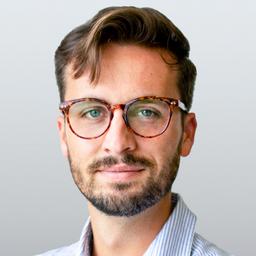ORANGE, Calif.—Twenty years ago, Israel Zuniga, 39, was asleep in bed when he experienced an event that would change his life forever: his first seizure.
“I was sleeping one night and when I woke up, I was on my bedroom floor surrounded by paramedics,” Zuniga said. “My brother was sleeping next to me. He was the one who realized something was wrong. ... We didn’t know what was happening.”




